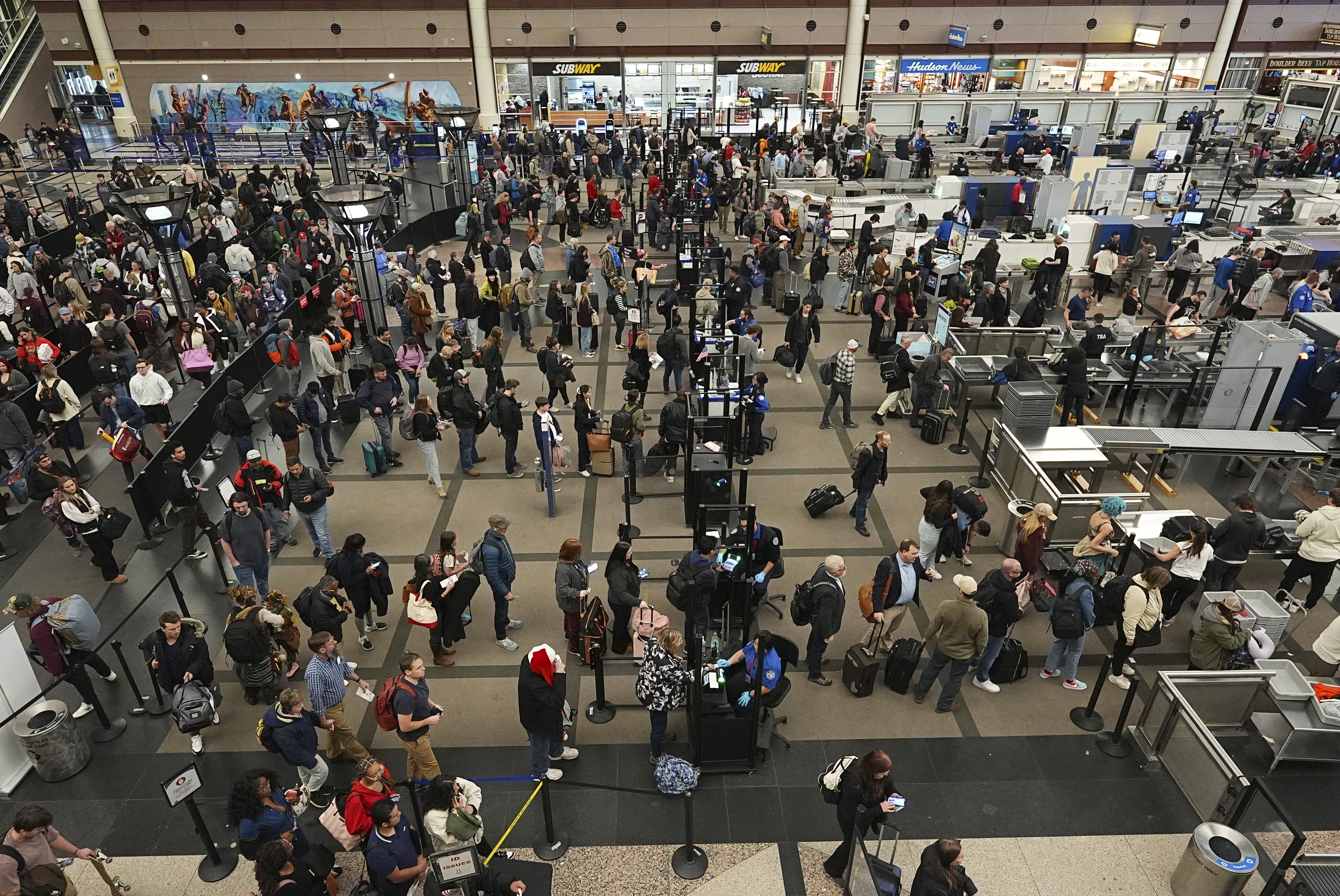Travel
How U.S. Bank’s travel plans feed its payments business

Tiffany Hagler-Geard/Bloomberg
U.S. Bancorp’s collaboration with Booking.com is the bank’s latest move to keep its cardholders from using rivals to pay for travel, a multitrillion-dollar industry that has fully recovered from its pandemic-era slump.
At stake is the bank’s position as a card issuer. U.S. Bank is the eighth-largest issuer in the U.S., and its cardholders made $100 billion in payments in 2023, according to Nilson.
By offering those consumers incentives to manage travel, the bank can use
“You want to make it easy for them to solve whatever problems they want to solve in life,” said Chris Roncari, senior vice president and head of consumer and small business product and experience for credit and debit cards. “It starts with us trying to make sure we have the cardholders in the best product they can get.”
Travel is a huge industry that is healthier than it has been in years, creating opportunities for payment partnerships. Despite global economic and geopolitical challenges, travel is on pace to generate $11.1 trillion in 2024, which is up from $10 trillion in 2023 and is responsible for 10% of all global revenue, according to The World Travel & Tourism Council. The WTTC estimates that 142 of the 185 countries it analyzes will set national travel records in 2024, with overall volume surpassing 2019, the last year before the Covid-19 pandemic.
In the U.S., about 12 million travelers were screened at airports during Thanksgiving weekend, according to the Transportation Security Administration. That is a record and is up 6% from 2023’s holiday weekend, with full-year air travel up 17% since 2022.
To improve its position in that market, U.S. Bank is using Booking.com and Rocket Travel from Agoda to power the travel platform, which carries the brand “U.S. Bank Travel Center with Booking.com powered by Rocket Travel by Agoda.” Rocket Travel by Agoda, which is part of the Booking Holdings group of brands, enables access to more than 2.4 million properties globally.
“Consumers are spending time navigating when booking travel. We can provide an easier experience for our cardholders,” Roncari said.
The platform includes loyalty programs designed to draw consumers to use the bank to manage travel. There’s also a security element, as checkout will use tokenization, or a substitute for a card number that prevents exposure of personal account information.
“In some cases there is an ability to accelerate points if they decide to book through U.S. Bank,” Roncari said. “So there is an incentive to do it in the U.S. Bank experience.”
U.S. Bank and Booking.com will share payment revenue for the consumers, which will be enrolled as U.S. Bank cardholders. Booking.com did not respond to a request for comment.
The U.S. Bank deal can boost usage of Booking.com’s site, which competes with online travel services such as Expedia; and Revolut, a
U.S. Bank’s Booking.com pairing follows a 2021
The bank leveraged TravelBank’s technology to launch a travel payments and management platform designed for middle-market companies or firms with $150 million or less in yearly revenue. The platform uses artificial intelligence to remove manual work involved in travel and travel expense reporting.
Among other firms, the payment company
These fintechs provide an alternative to U.S. Bank, American Express and
“One of the trends we observe is that banks have a decision to make: What customer experiences should they curate themselves or should they try to increase their reach by going to where their customers already are via embedded finance?” said Zil Bareisis, a director at Celent. “Some of the leading banks experiment with both approaches.”
Booking travel is one of those experiences that can be more complex with customers seeking comfort and reassurance at every step, according to Bareisis. “By partnering with a leading travel brand, the bank can bring special offers and secure payment experience to their customers. While for the travel brand, a partnership with the bank gives access to a large customer base.”








